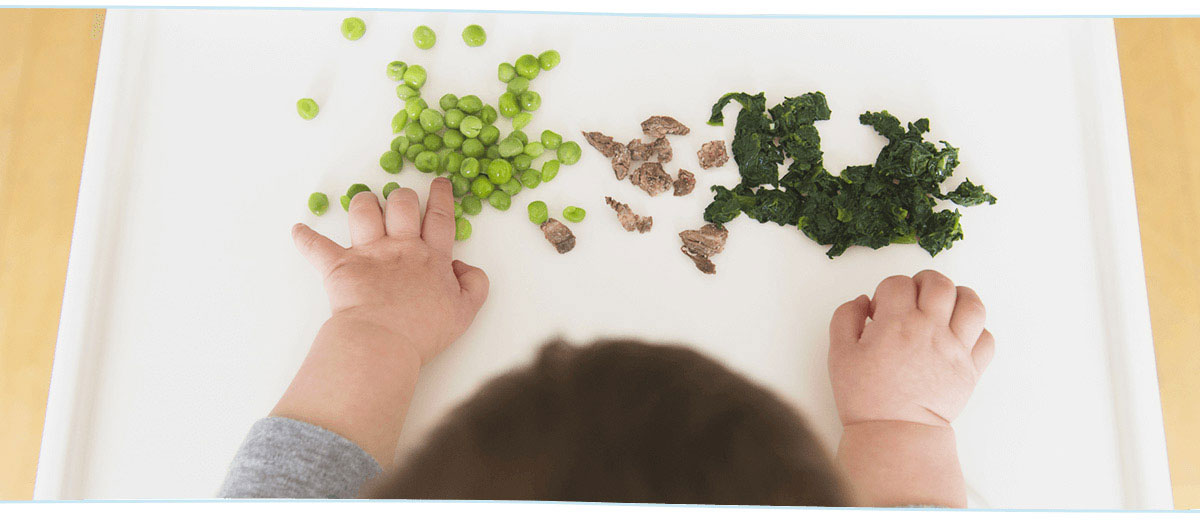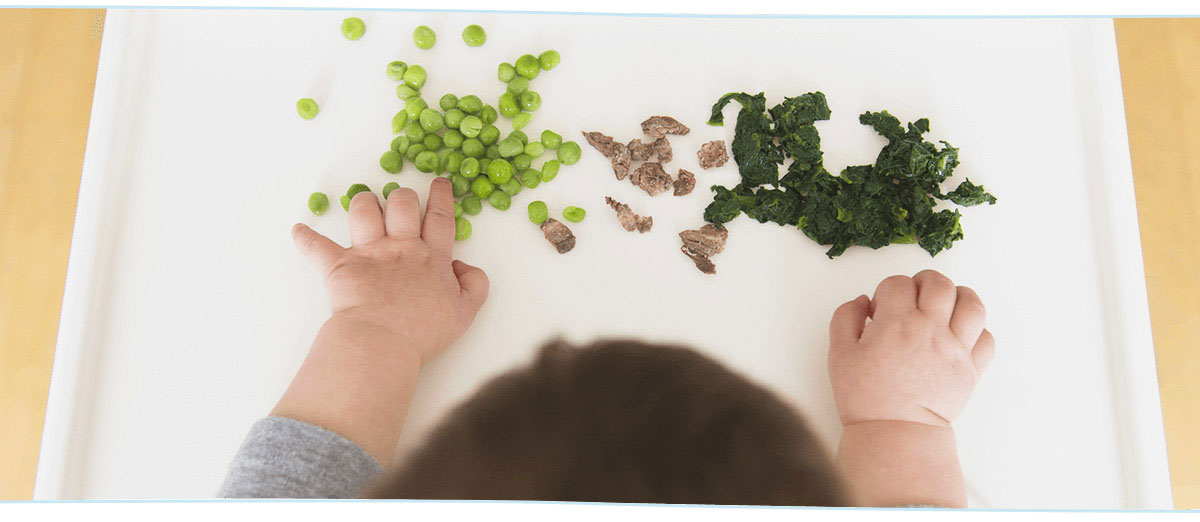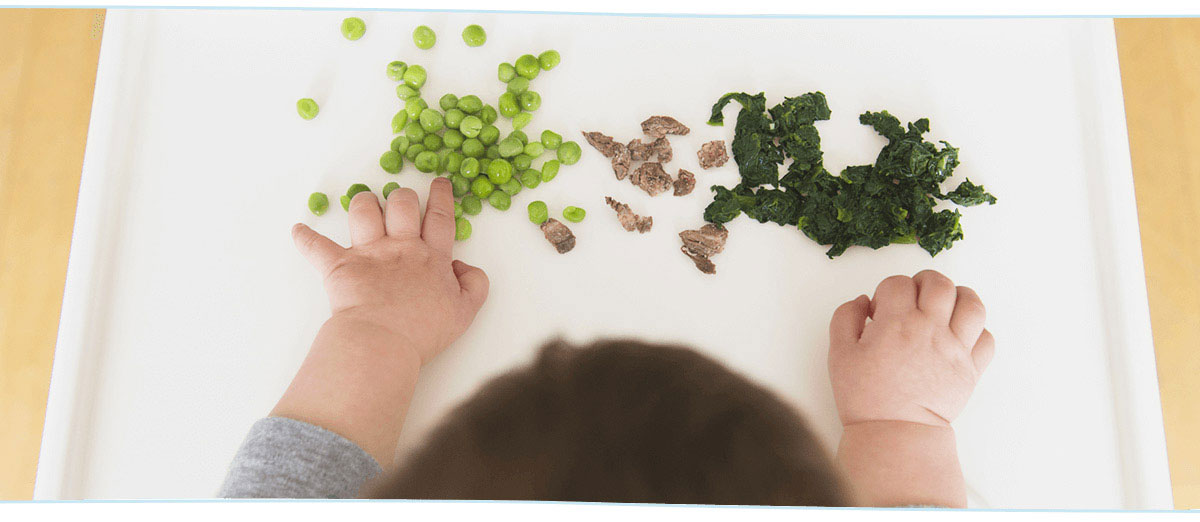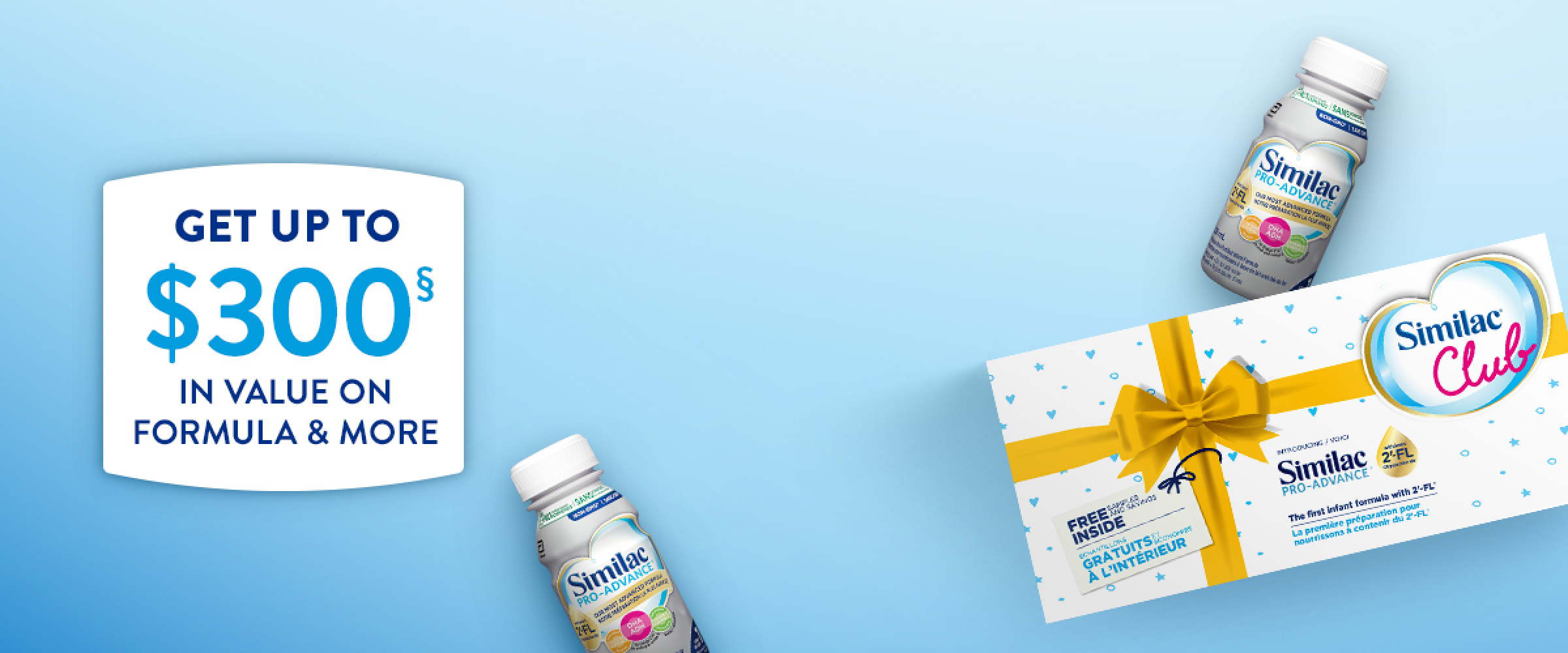These iron-rich foods provide protein and iron and should be provided to your baby at least twice a day. They also provide vitamins and other minerals, such as zinc.
Aside from making sure to start with iron-rich foods, there is no special order to introduce new foods to your baby. According to the Canadian Paediatric Society, common food allergens, such as peanuts, fish, wheat (including iron-fortified infant cereals with wheat), milk products, soy, and whole eggs, can be introduced from about 6 months of age. There is no evidence that delayed introduction of these foods can prevent your child from developing allergies. This applies even if your child is at high risk for developing an allergy (a child is considered at high risk if a parent or sibling has an allergic condition). Talk to your doctor if you are unsure.
If you are following a vegetarian lifestyle, a well-balanced vegetarian diet may be suitable for your baby. However, if too many foods are excluded, your baby’s diet may not be meeting her requirements. It’s best to consult with a dietitian to make sure she is getting what she needs to grow and develop normally.







